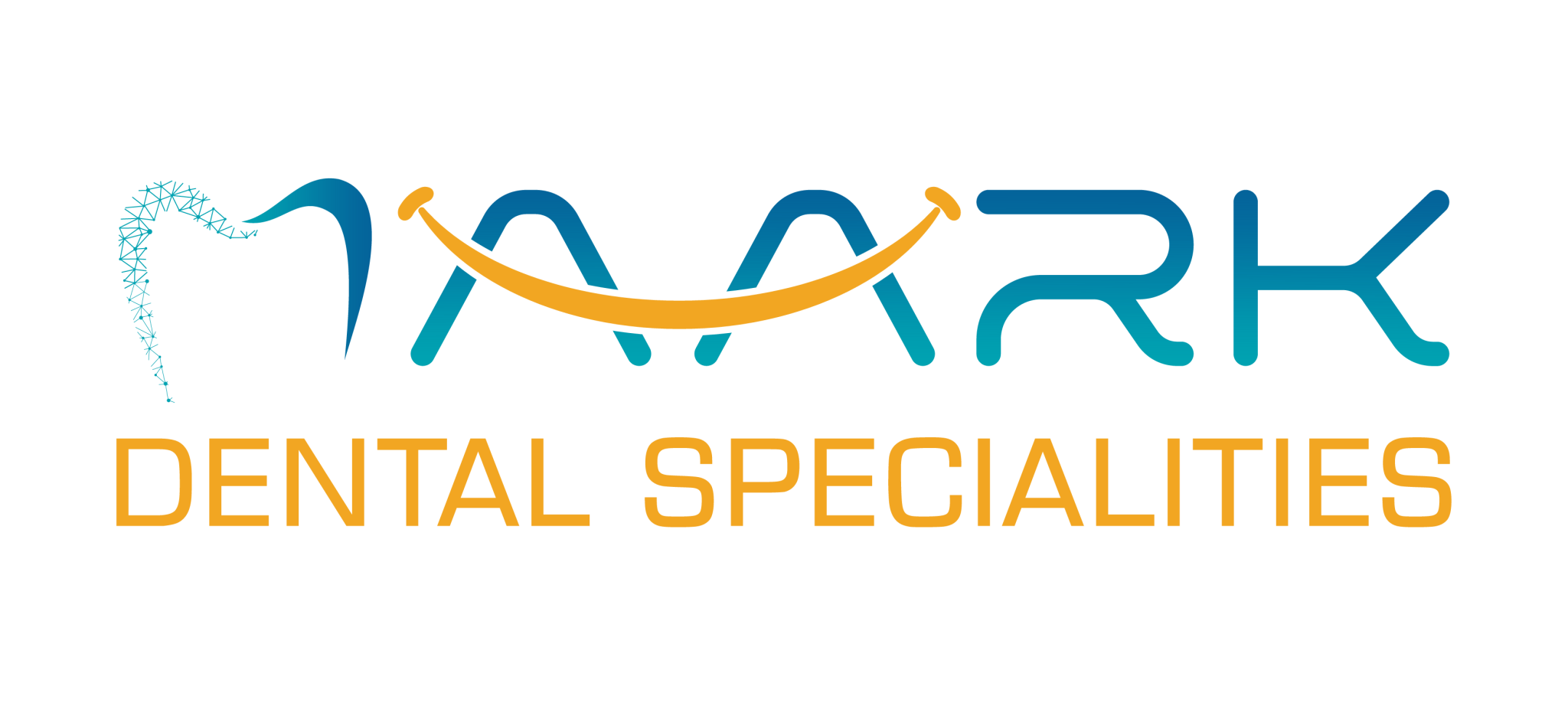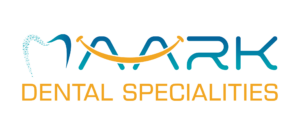Jaw Click

Temporomandibular joint disorders, often referred to as TMJ disorders, encompass a range of conditions affecting the jaw joint and surrounding muscles. The temporomandibular joint connects the jawbone to the skull and facilitates essential functions like chewing, speaking, and facial movements.
Symptoms of TMJ disorders can include jaw pain or tenderness, clicking or popping sounds when opening or closing the mouth, difficulty or discomfort while chewing, and locking of the jaw joint. Individuals might experience headaches, earaches, facial pain, or muscle stiffness in the jaw or neck.
The exact causes of TMJ disorders can be multifactorial, stemming from various factors such as jaw injuries, arthritis in the joint, teeth grinding or clenching (bruxism), stress-related jaw tension, or misalignment of the jaw or teeth. Additionally, habits like nail biting, chewing gum excessively, or poor posture can contribute to TMJ-related discomfort.
Diagnosis:
- Patient History: Assessing jaw pain, clicking, or difficulty in jaw movement.
- Physical Examination: Palpating the jaw joint for tenderness or abnormalities.
- Imaging (X-rays, MRI): Detailed images to evaluate the TMJ and surrounding structures.
Solutions:
- Lifestyle Modifications: Stress reduction techniques and jaw exercises.
- Nightguards or Splints: Custom-fit appliances to alleviate grinding or clenching.
- Physical Therapy: Exercises to improve jaw movement and reduce pain.
- Medications and Injections: Pain relievers or injections for severe cases.
Educating individuals about lifestyle modifications, stress management techniques, and proper jaw posture empowers them to minimize TMJ-related symptoms and prevent exacerbation of the condition. Understanding the causes and available interventions assists in effectively managing TMJ disorders, promoting better jaw function, and reducing discomfort.


